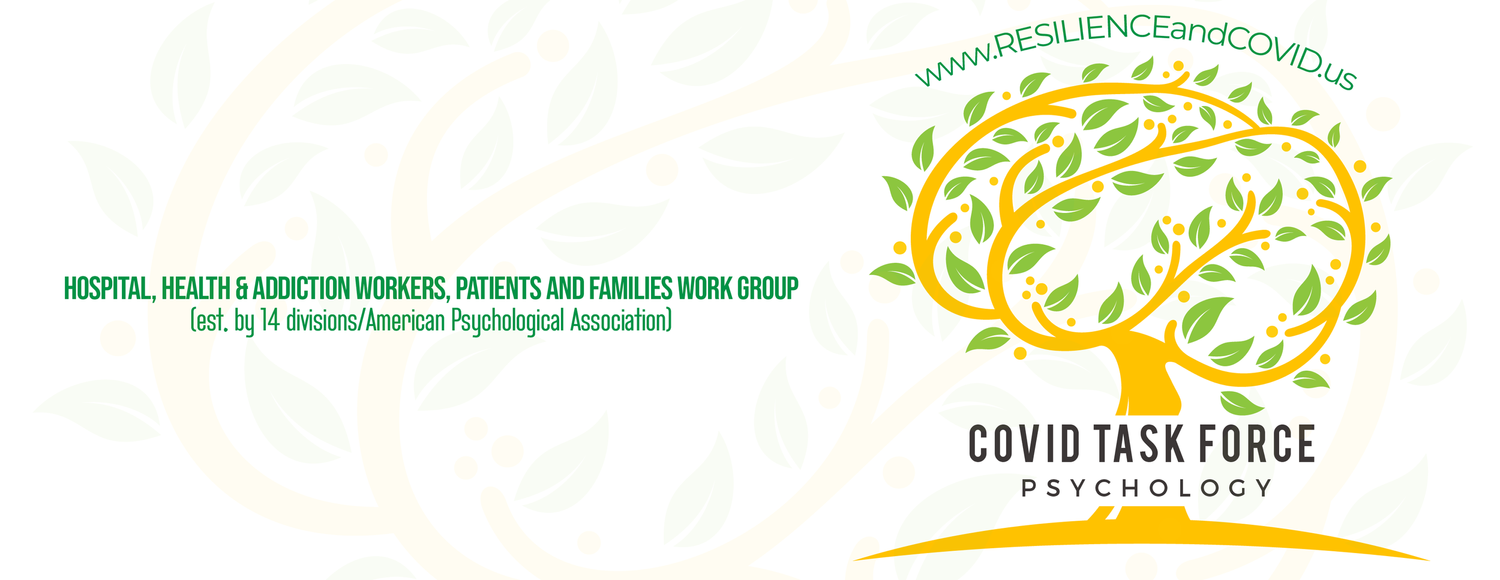Fostering Student Resilience During COVID-19
Educational institutions play a significant role in students’ well-being.
The COVID-19 pandemic continues to bring many changes in different areas of our lives. Students, a population already vulnerable to mental health conditions, may be experiencing other crises in addition to the coronavirus. For example, many students have lost their jobs, moved out of campus housing, transitioned to online modalities, and become caregivers for loved ones. This is why it is important for educational institutions to foster student resilience and promote psychological well-being.
What Is Resilience?
Resilience is the ability to adapt to different circumstances and conditions, specifically in adverse times. Resilience can promote personal growth and overall well-being because it enables people to cope with adversity. Furthermore, resilience has been shown to support students’ academic performance and functioning (Rodríguez-Fernández et al., 2017). Resilience can be fostered, meaning it can be developed in different ways.
Strategies to Foster Student Resilience
Educational and academic institutions play an important role in their students’ health. These institutions tend to educate students on the importance of physical health. By promoting the following practices, schools and universities can help students practice and develop their resilience.
Source: RichVintage/iStock
1. Incorporate stress management techniques.
Stress is a significant contributor to both physical and psychological conditions. High levels of stress can lead to or worsen symptoms of anxiety, depression, fatigue, and burnout. It is essential for students to learn ways to cope with stress. Managing stress can be done through different activities, such as physical exercise and practicing mindfulness.
Exercise can also help students concentrate and learn new material. Schools and universities can offer both in-person and online exercise classes to their students. These can include yoga, aerobic exercise, and dancing lessons. You can learn more about how fitness positively affects learning here.
Moreover, practicing mindfulness exercises can help students feel relaxed and less anxious. There are some mindfulness exercises, such as progressive muscle relaxation and deep breathing, that can be implemented in class for a few minutes, aiding students in managing stress. You can learn more about mindfulness techniques here.
2. Promote routines and schedules.
Having a routine can help students feel in control of their environment. Routines can also give structure to our day, allow us to complete our tasks, and help us feel accomplished. Establishing and maintaining a routine can also help students cope with anxiety during the pandemic (Ginsberg, 2020).
article continues after advertisement
An important part of having a routine is designating time and space for the different activities that need to be completed. For example, students who continue to use online modalities should try to have a workspace separated from areas where they relax, sleep, and eat. This can help them “leave work” and all the stress associated with it once they leave that workspace.
Setting up a schedule can also help students keep track of their time and manage it more effectively. Students can use mobile applications to organize their schedules and maintain their routines. Through their school email accounts, educational institutions can also offer different online resources and benefits to their students.
Source: gahsoon/iStock
3. Facilitate peer relationships.
Educational institutions should encourage students to develop strong social networks safely during the COVID-19 pandemic. It is important for students’ physical well-being to adhere to social distancing regulations. Nevertheless, having a strong support system can help students cope with stress and, therefore, promote overall psychological health. Students can benefit from having other people they can confide in and rely on for support during these uncertain times.
Supportive relationships can be fostered through social activities, such as school clubs and organizations. Academic institutions can facilitate peer connections by hosting virtual events where students can connect with those within their social networks. Peer relationships can help students remember they are not alone amidst the pandemic. Furthermore, discussing challenges and difficulties with others who share similar interests and experiences may help students cope with these issues, as well as experience emotional validation.
article continues after advertisement
People are not able to control all circumstances in their lives; nonetheless, they may be able to develop their psychological strength by focusing on challenges that are manageable. With conscious effort and the use of healthy resilience practices, students can enhance and continue to build their resilience. Although students will most likely continue to experience different challenges, learning healthy coping mechanisms can help them adapt to unforeseeable circumstances.
Read article on Psychology Today: https://www.psychologytoday.com/us/blog/psychological-trauma-coping-and-resilience/202102/fostering-student-resilience-during-covid-19
References
Rodríguez-Fernández, A., Ramos-Díaz, E., & Axpe-Saez, I. (2018). The role of resilience and psychological well-being in school engagement and perceived academic performance: An exploratory model to improve academic achievement. Health and Academic Achievement. https://www.intechopen.com/books/health-and-academic-achievement/the-ro…
Solhkhan, R. (2020). Why Routines are Important for Mental Health. Hackensack Meridian Health. https://www.hackensackmeridianhealth.org/HealthU/2020/06/02/why-routine…


